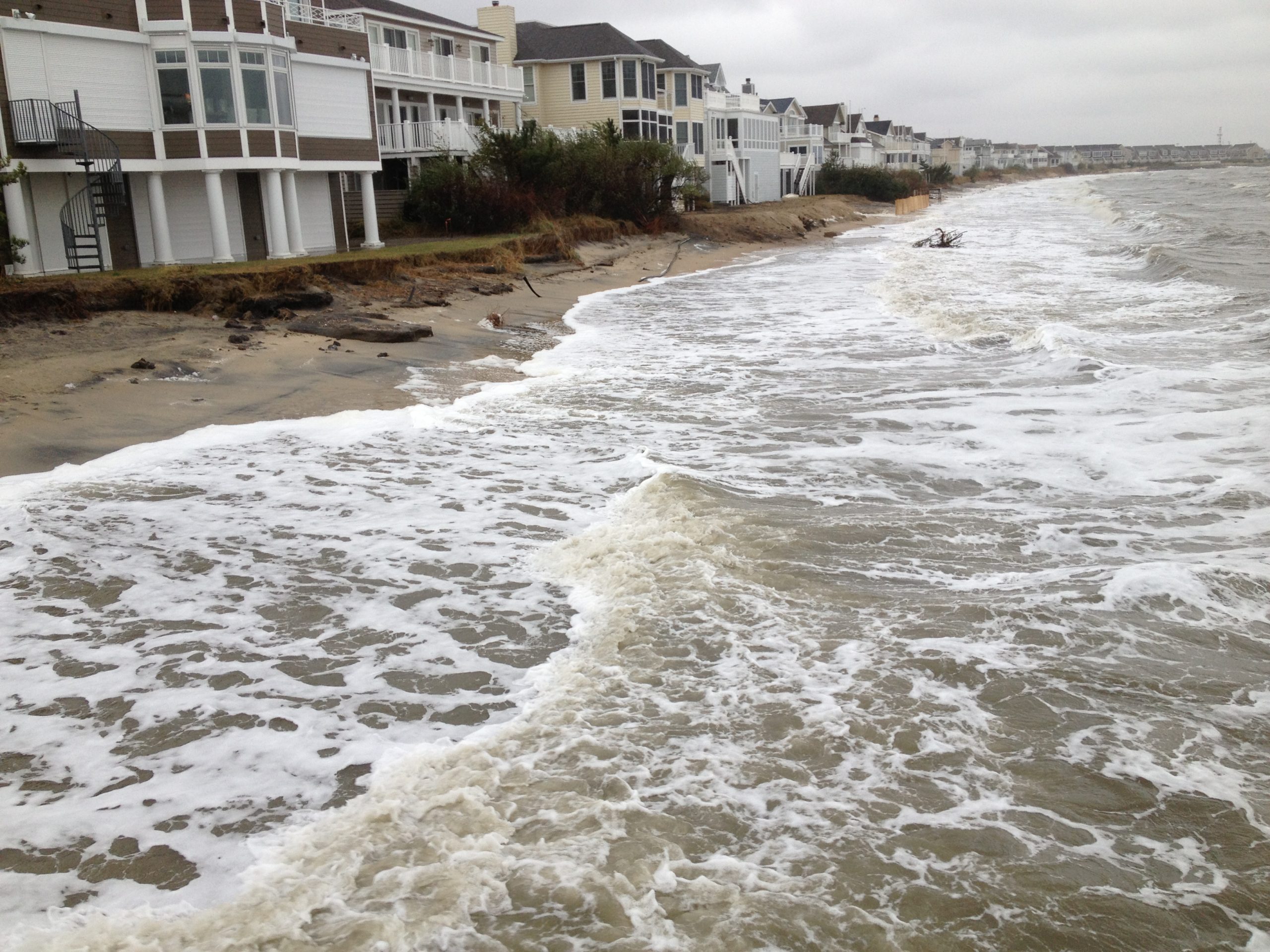50th anniversary of Earth Week theme resonates across the state
DOVER, Del. – The theme for the 50th anniversary of Earth Week is climate change, an issue that concerns most Delawareans, according to a report commissioned by DNREC’s Division of Climate, Coastal and Energy. The report found 77% of Delawareans see climate change as a serious threat that will harm future generations.
The report, conducted by Standage Market Research in partnership with University of Delaware’s Center for Political Communication, is based on a survey of more than 1,100 Delaware adults. The full report, published this week, is available at de.gov/climatesurvey.
The full report builds on preliminary survey results released in February. It reveals differences in perceptions of climate change and sea level rise across the state and compared to those nationwide. Key findings include:
- A majority of adults in both Delaware and the U.S. believe climate change is an important issue. Additionally, 64% of U.S. residents are worried about climate change, and the same is true of Delaware residents (62%).
- Delawareans in all three counties say they have been personally affected by climate change. However, New Castle County residents are more likely than residents of Kent and Sussex counties to favor immediate action to reduce the impacts of climate change (76% versus 68% and 58%, respectively).
- Sussex County residents are more likely to say they have been personally affected by sea level rise. More than half (51%) of adults in Sussex County said they have personally experienced or observed local impacts of sea level rise, compared to 47% for Kent and 45% of New Castle residents.
- Women are more likely than men to say we should act now on climate change (78% versus 62%). They are also more likely to say they have personally experienced or observed local impacts of climate change (62% versus 50%). Opinions about sea level rise follow similar patterns.
- There are no significant age differences for having personally experienced or observed local impacts of climate change. However, younger adults are also more likely to favor acting now to reduce the impacts of climate change (78%, versus 64% and 69%, respectively).
“The impacts of climate change threaten our environment, economy and way of life,” said DNREC Secretary Shawn Garvin. “Over the past decade the percentage of Delawareans concerned about this issue has increased. We continue to experience the impacts of sea level rise, hotter temperatures and more frequent intense storms, but we are also working toward solutions as we continue to develop Delaware’s Climate Action Plan.”
According to the climate perceptions survey, Delawareans support a range of options to address the causes and consequences of climate change, including:
- 82% support preserving undeveloped land;
- 80% believe we need stronger air pollution controls;
- 79% support changing building codes;
- 74% said roads and infrastructure should not be built in flood-prone areas;
- 74% think we should increase the amount of electricity we get from renewable sources;
- 73% believe we should improve energy efficiency standards;
- 64% support elevating building in risk areas
Development of the Climate Action Plan will continue through 2020, with a report due in December. Public input sessions on development of the plan were held in each of the three counties in March. More than 250 people participated in those meetings, and many others have gone online to declimateplan.org to complete a questionnaire asking about various actions the state can take to address the causes and consequences of climate change.
The period to complete the questionnaire closes Friday, May 1.
Later this summer, virtual meetings will be held to gather additional public input addressing what the state can do to manage the impacts of climate change that we are already seeing, such as sea level rise. A third opportunity for the public to weigh in will occur this fall, after possible strategies have been identified.
About DNREC
The Delaware Department of Natural Resources and Environmental Control protects and manages the state’s natural resources, protects public health, provides outdoor recreational opportunities and educates Delawareans about the environment. For more information, visit the website and connect with DNREC on Facebook, Twitter or LinkedIn.
Media Contact: Nikki Lavoie, nikki.lavoie@delaware.gov; Jim Lee, jamesw.lee@delaware.gov
###
 Examples of eligible projects include, but are not limited to:
Examples of eligible projects include, but are not limited to: